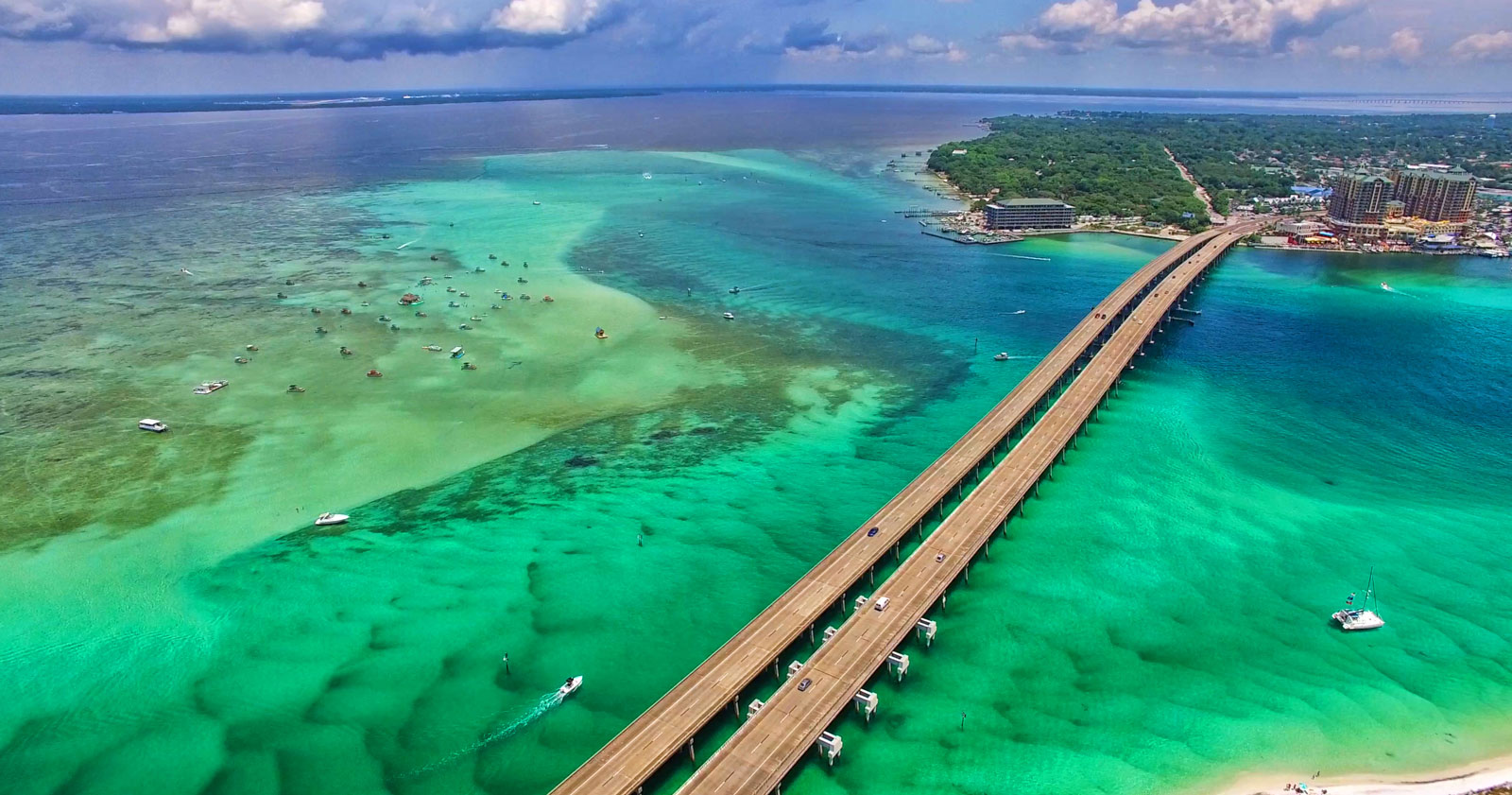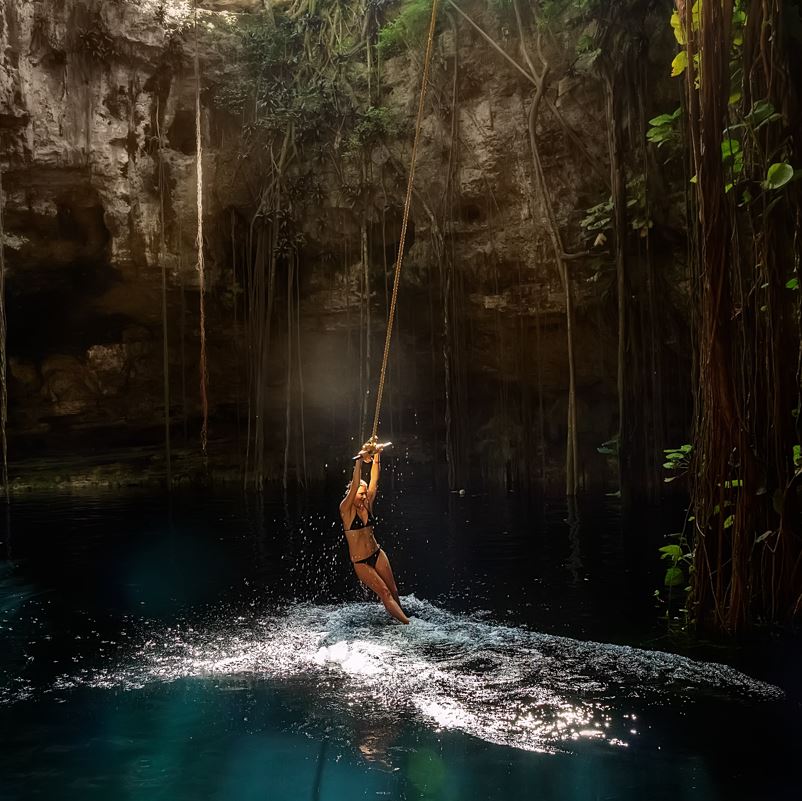/https://tf-cmsv2-smithsonianmag-media.s3.amazonaws.com/filer_public/4a/a0/4aa00d86-08d0-4dcc-bd94-1b3de4097ee8/gettyimages-612427002.jpg)
:focal(1050x710:1051x711)/https://tf-cmsv2-smithsonianmag-media.s3.amazonaws.com/filer_public/4a/a0/4aa00d86-08d0-4dcc-bd94-1b3de4097ee8/gettyimages-612427002.jpg)
The Mexican governing administration has banned shark-associated tourism pursuits, such as cage diving, at Guadalupe Island.
Dave J Hogan / Getty Images
For the very last two decades, vacationers and “Shark Week” producers alike have traveled to the waters encompassing a smaller Mexican island, eager for a possibility to get up near and individual with great white sharks. Divers donned gear these as snorkels and took the plunge in just submerged cages as the sharks, lured by bait, swam close by.
Now, nevertheless, the Mexican governing administration is putting an conclude to the observe with an indefinite ban on shark-similar tourism pursuits on Guadalupe Island, which lies in the Pacific Ocean off the coastline of Baja California. The new rules, which took outcome January 10, are a reaction to bad methods in the marketplace, for each Mexico’s Ministry of Environment and Organic Sources.
These practices integrated mishandling the bait used to attract sharks travelers and movie crews swimming outside of cages drones flying about seal colonies and pollutant dumping, amongst other items. Mexican leaders also identified as out two specific illustrations: a 2016 incident involving a shark that grew to become stuck in the bars of a cage, sustaining significant accidents, and a identical 2019 incident that probably resulted in the shark’s demise.
These tourism functions have put wonderful white sharks at risk, in accordance to the government’s new procedures. The ban aims to protect the sharks and preserve their habitat.
The action arrives after the Mexican government suspended shark-watching and sport fishing things to do from May possibly to December last year so that it could examine the challenge and ascertain how ideal to go ahead. Guadalupe Island, located roughly 150 miles off the coast, has been secured as a Mexican biosphere reserve since 2005.
Tour operators say the ban will restrict research on the sharks. Elias Levy through Wikimedia Commons less than CC BY 2./https://tf-cmsv2-smithsonianmag-media.s3.amazonaws.com/filer_public/ac/3c/ac3cc14d-f15d-4270-bd0d-333bb2f2658e/2048px-great_white_shark_14730723649.jpeg)
Although it was meant to guard sharks, the ban also “effectively finishes the once-busy Guadalupe Island tourism economy,” which had turn out to be largely centered all around cage diving, as Lilit Marcus writes for CNN. A single examine identified that the variety of cage-diving vessels at Guadalupe Island greater from 6 to 10 in between 2014 and 2019. Through the 2019 period, an approximated 2,800 people dove in cages to see sharks.
Currently, some shark cage tour operators are closing up shop, such as Spencer Salmon, who owned the common San Diego-based Horizon Charters, experiences the San Diego Union-Tribune’s Joshua Emerson Smith. Salmon, who aided pioneer the Guadalupe Island cage diving market, lately sold the organization soon after submitting an unsuccessful lawsuit to obstacle past year’s suspension, for each the company’s Fb web page. Horizon charged $2,000 to $5,000 for each man or woman for a 5-day journey to Guadalupe Island.
“Unfortunately, the closure of Guadalupe Island has left us fiscally tapped out,” the business posted on Fb. “We can not do the proper factor by our divers with $500,000 in refunds and continue to be in organization. So we created the decision to provide the firm to a new operator who will be using the MV Horizon in a new route at the end of February 2023.”
In addition to the financial impacts, some say the ban will restrict investigate into wonderful white sharks, as cage-diving constitution boats supplied an effortless, charge-helpful way for scientists to understand far more about the maritime creatures. Other people worry that, with no tour operators in the place, poachers will shift in and commence illegally looking the sharks for their useful jaws and fins.
“A one set of white shark jaws goes for about $5,000,” states Patric Douglas, a longtime tour guideline, to the San Diego Union-Tribune. “White shark fins can go for up to $10,000. It was the truth that we ended up there for most of the time that safeguarded these animals.”
Good white sharks generally weigh in between 1,500 and 4,000 lbs. Hermanus Backpackers by means of Wikimedia Commons under CC BY 2./https://tf-cmsv2-smithsonianmag-media.s3.amazonaws.com/filer_public/21/01/21010932-09cc-4b79-983c-6d3184cb5ddf/great_white_shark_south_africa.jpeg)
Proponents also say cage diving and connected shark observation actions support reverse the stigma close to excellent white sharks, which have been labeled “guy-eaters” due to the fact the mid-1700s. Restoring sharks’ popularity can, in transform, stimulate more men and women to assist conservation endeavours to secure the animals and their maritime habitats.
Nonetheless, wildlife gurus have extended raised ethical problems about cage-diving with sharks. Some be concerned that chumming the waters and baiting the creatures has modified their habits and that cage diving puts equally individuals and sharks at threat. New Zealand banned the apply in 2018.
Great white sharks, or white sharks, are the largest recognized predatory fish species in the environment, weighing between 1,500 and 4,000 lbs . and spanning 16 to 20 toes in duration. These effective fish live in a vast selection of locations by way of temperate locations of the Atlantic, Pacific and Indian oceans, as properly as the Mediterranean.
Globally, white sharks have been mentioned because 1996 as susceptible on the International Union for Conservation of Nature’s (IUCN) Pink List of Threatened Species, which is one particular move brief of endangered. Populations declined throughout the 1980s, then commenced to rebound in the 1990s with support from conservation legal guidelines. However, the fate of the massive fish may differ from region to location.
“Over a few technology lengths (159 a long time), the white shark is approximated to be raising in abundance in the Northeast Pacific and Indian Ocean and declining in abundance from historic amounts in the Northwest Atlantic and South Pacific,” per the IUCN.
In the U.S., white sharks are not considered an endangered or threatened species less than the Endangered Species Act.
Nowadays, white sharks deal with quite a few threats: entanglement in business fishing equipment, climate change, habitat pollution, condition, predation and overharvesting of the animals they take in, per the Nationwide Oceanic and Atmospheric Administration.
Encouraged Films







